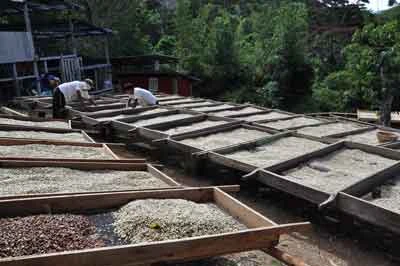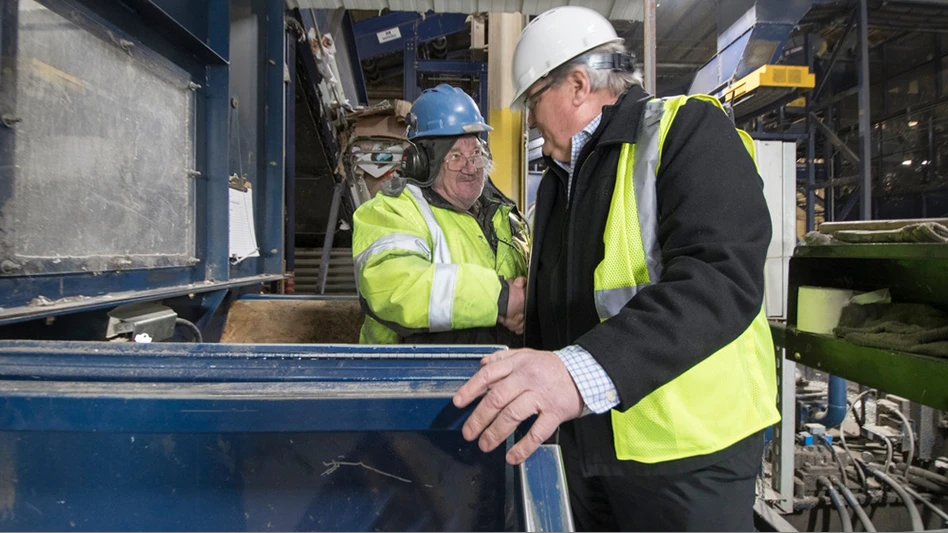
The Energy from Coffee Wastewater project by UTZ Certified, Amsterdam, says it has proven that is possible to generate energy, tackle climate change and protect water resources by treating discharges from coffee mills, according to the program. The project started in 2010 with the goal of addressing environmental and health problems caused by the wastewater produced in the coffee industry.
Tailor-made coffee wastewater treatment systems and solid-waste treatment mechanisms were installed in eight coffee farms in Nicaragua, ten in Honduras and one in Guatemala. The positive environmental and economic impact of the project on over 5,000 people in the region has inspired UTZ Certified to replicate the initiative in other countries.
According to UTZ only 1 percent of freshwater in the world is available for human consumption. A cup of coffee requires 140 liters of water to be produced. More than 70 percent of water used in Latin America is returned into rivers without being treated.
The Energy from Coffee Wastewater project has been implemented in a range of differently sized farms. The achieved results of the project range from preventing local deforestation of native trees to better indoor environments for families who replaced firewood with domestic gas stoves for cooking.
Additional outcomes included:
- treatment of essentially all water used in coffee processing;
- more than 50 percent less water used during coffee processing;
- generation of significant amount of biogas used to power households and coffee mills; and
- prevention of the release of greenhouse-gas emissions into the atmosphere.
“Coffee production is only environmentally sustainable when water is used efficiently and polluted water from the wet-mill process is treated. Local ecosystems do not have the capacity to clean the large amounts of contaminated fluids,” says Han De Groot, executive director at UTZ Certified. “Rural communities and coffee production depend intrinsically on a ready supply of fresh water. So if we want to talk about coffee produced in a sustainable manner then wastewater must be treated when released into the environment.”
The Energy from Coffee Wastewater project aims at preventing polluted water from coffee production to be released untreated into ecosystems while also generating energy from waste. In 2012 it has been awarded by the Sustainability Award by the Specialty Coffee Association of America and in 2010 by the Global Sustainable Biomass Fund in the Netherlands. The project is funded by Hivos and the Dutch Ministry of Economic Affairs.
Latest from Waste Today
- Defunct electronics recycling companies ordered to pay $3M for hazardous waste violations in Ohio
- Tacoma, Washington, launches smart camera technology pilot
- Pride Disposal sees efficiency gains with Hydrotex BIO-XPL hydraulic fluid
- Techbros launches AI-integrated electronics processing facility
- Understanding interchange optimization
- Account Updater: Keeping customer credit cards always up-to-date
- Understanding credit card fees
- CDRA names new executive director





